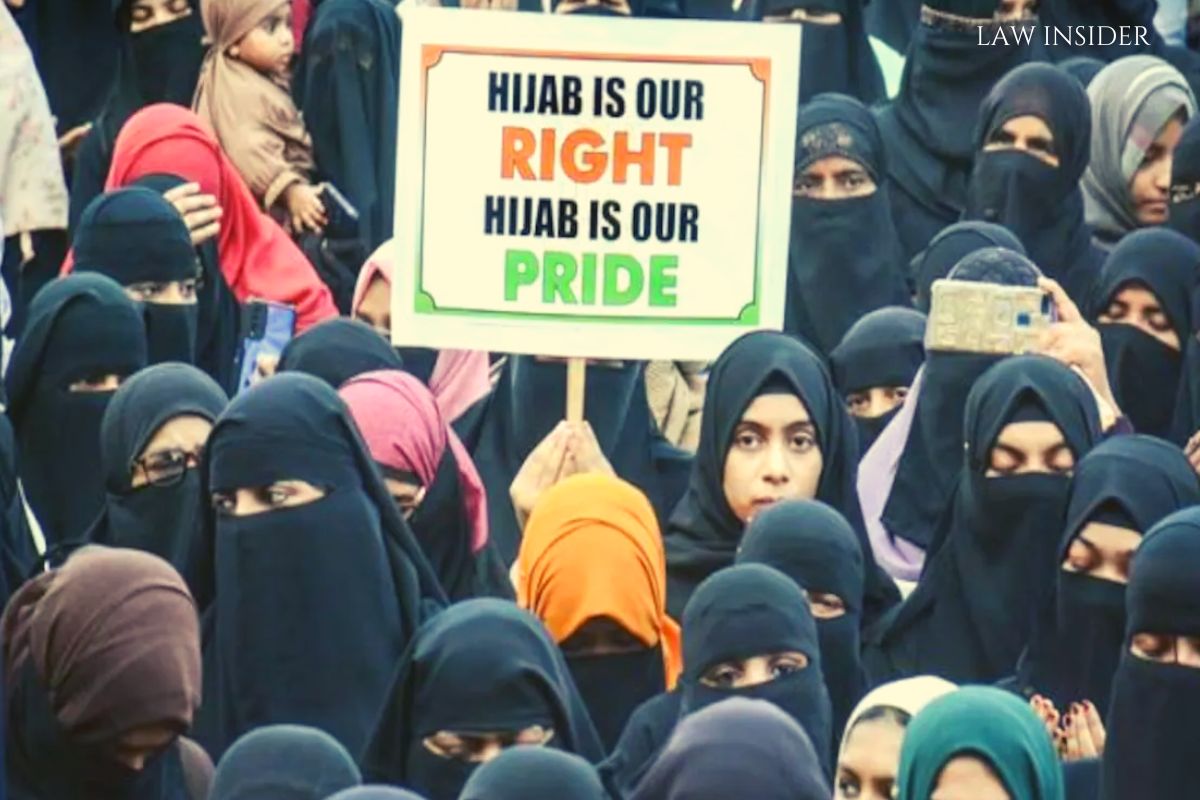Shivani Thakur
Published on: June 20, 2022 at 16:50 IST
For several months, appeals to the Supreme Court contesting the Karnataka High Court’s decision that wearing hijab is not an essential practice in Islam have remained in limbo.
The Petitions, which were largely filed by female students, asked whether the state could intervene if a student wore a hijab to college without causing harm to others and in the solid belief that it was part of her religious observance and practise.
The students also raised the question of whether a woman’s dignity and right to education should be jeopardised because her dress code could not be met by educational institution administrators.
“Religious freedom is the hallmark of pluralism and inclusiveness,” SC observed.
Niha Naaz, who is represented by Anas Tanwir, had addressed the question of right to privacy in one of her ongoing cases. Ms. Naaz stated that denying Muslim girls like her access to education and thereby punishing them for wearing hijab to college violated their right to privacy.
“Freedom of conscience forms a part of the right to privacy,” her petition said.
Ms. Naaz argued that the High Court judgment had created a “dichotomy of freedom of religion and freedom of conscience”.
“This freedom would include the freedom to lawfully express one’s identity in the manner of their liking,” the student referred to the Supreme Court judgment in Navtej Singh Johar case.
She described the decision as a “ridiculous attack” on Muslim students who wear hijab under the “guise of gaining secularity and equality on the basis of uniform.”
She said that the state could not force students to wear uniforms. The law did not stipulate that a pupil be penalized if he or she did not wear the required uniform.

